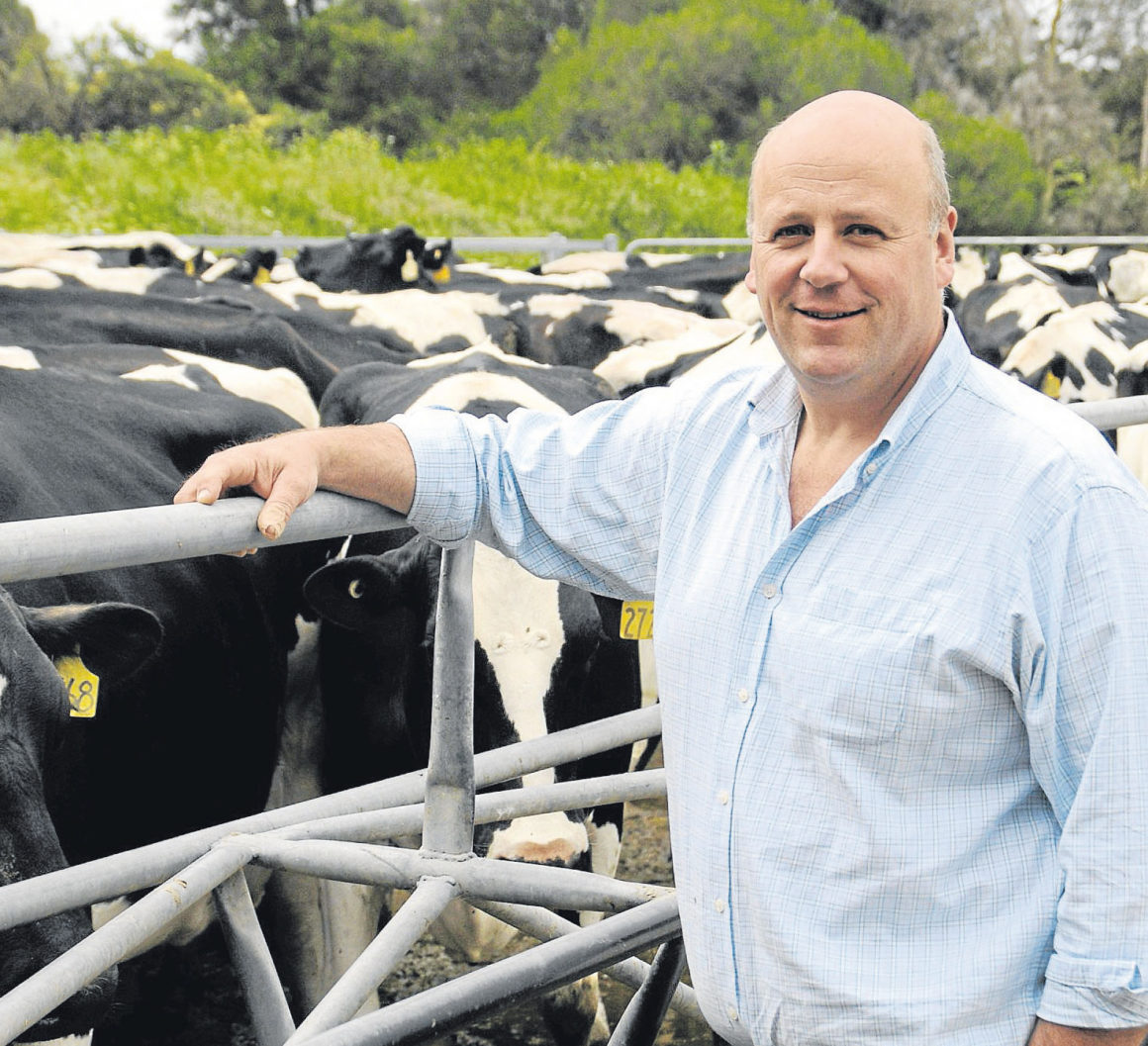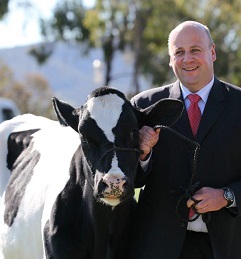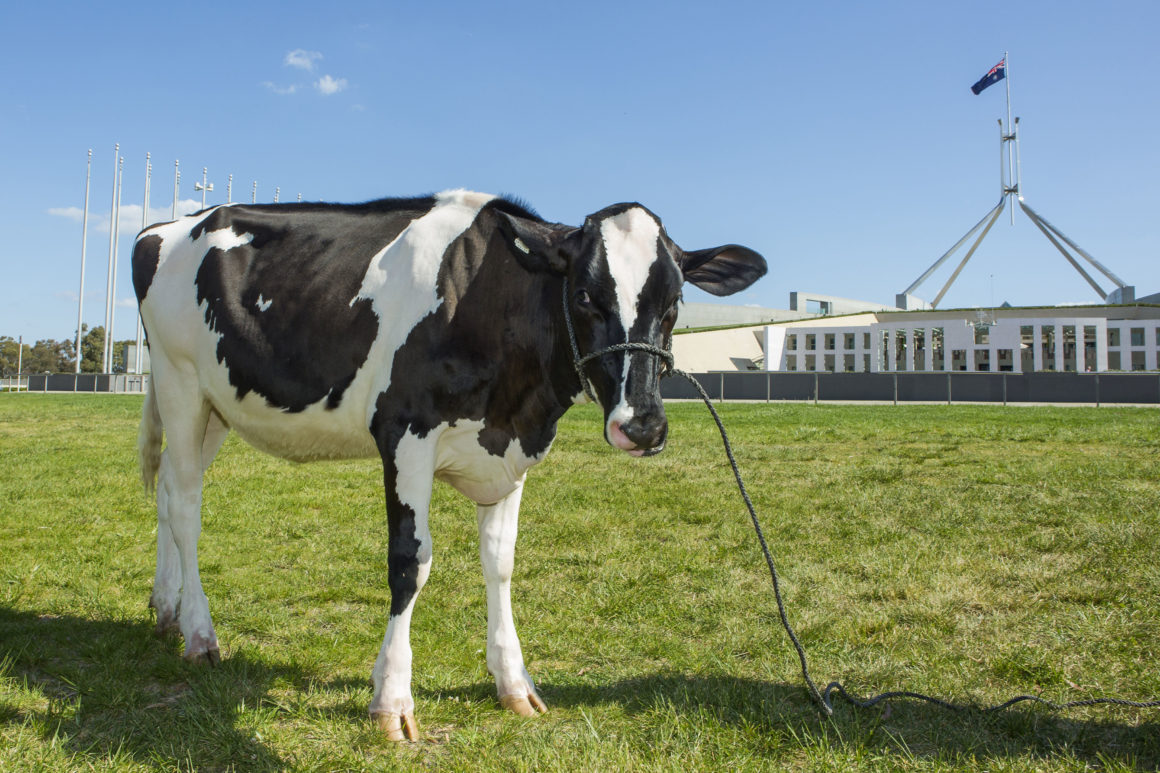ADF has welcomed back well respected former CEO, John McQueen in an interim role after
the departure of Benjamin Stapley, who resigned last week.
As CEO for over 20 years, Mr McQueen stepped down in 2007 – however dairy was never far from his thoughts as a senior agriculture advisor to past Prime
Ministers Kevin Rudd and Julia Gillard and recently in his independent consultancy.
Prior to his time at the helm of ADF, John held the position of CEO at the Australian Dairy Herd Improvement Scheme (ADHIS). John also spent time working
with ABC-TV’s Science Unit, producing, researching and directing programs such as the first three series of Towards 2000.
Mr McQueen’s significant policy expertise, strong industry relationships and political connections are a very welcome addition to the team at ADF, which
is working hard to support farmers through a period of unprecedented challenges.
Outcomes-focused, non-prescriptive is a mantra that John is proud of and will continue to be part his approach in his return to ADF.

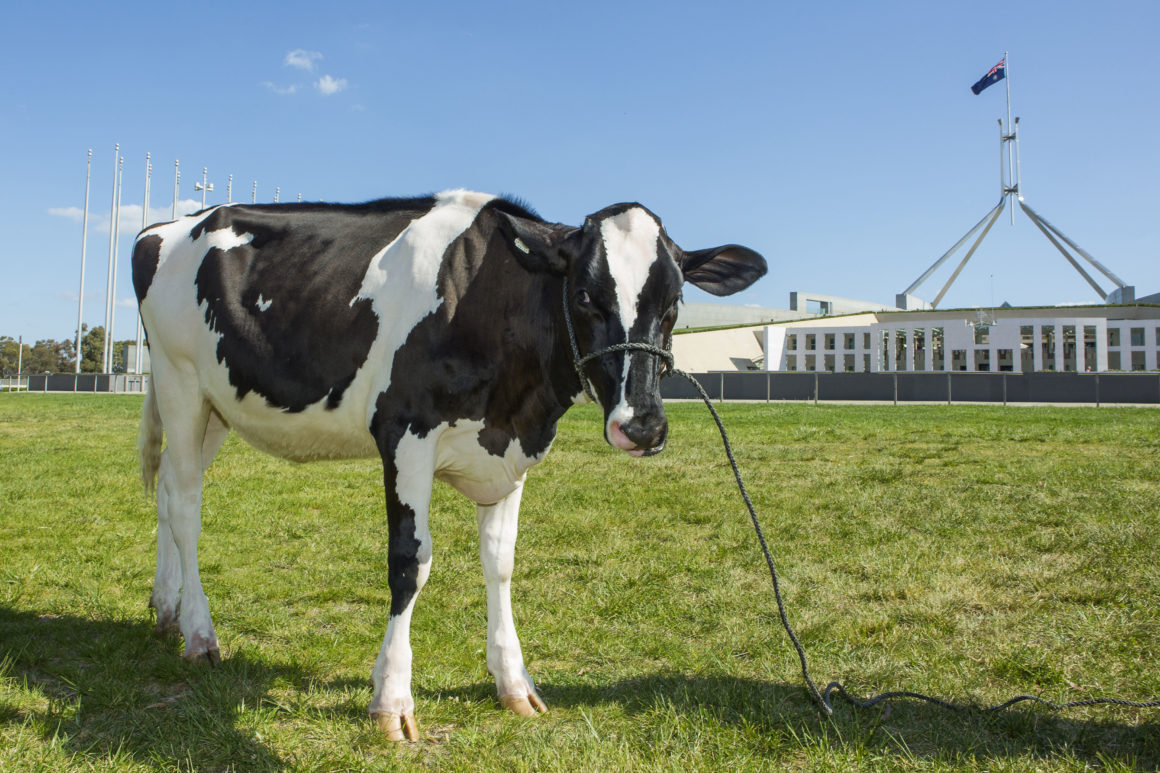
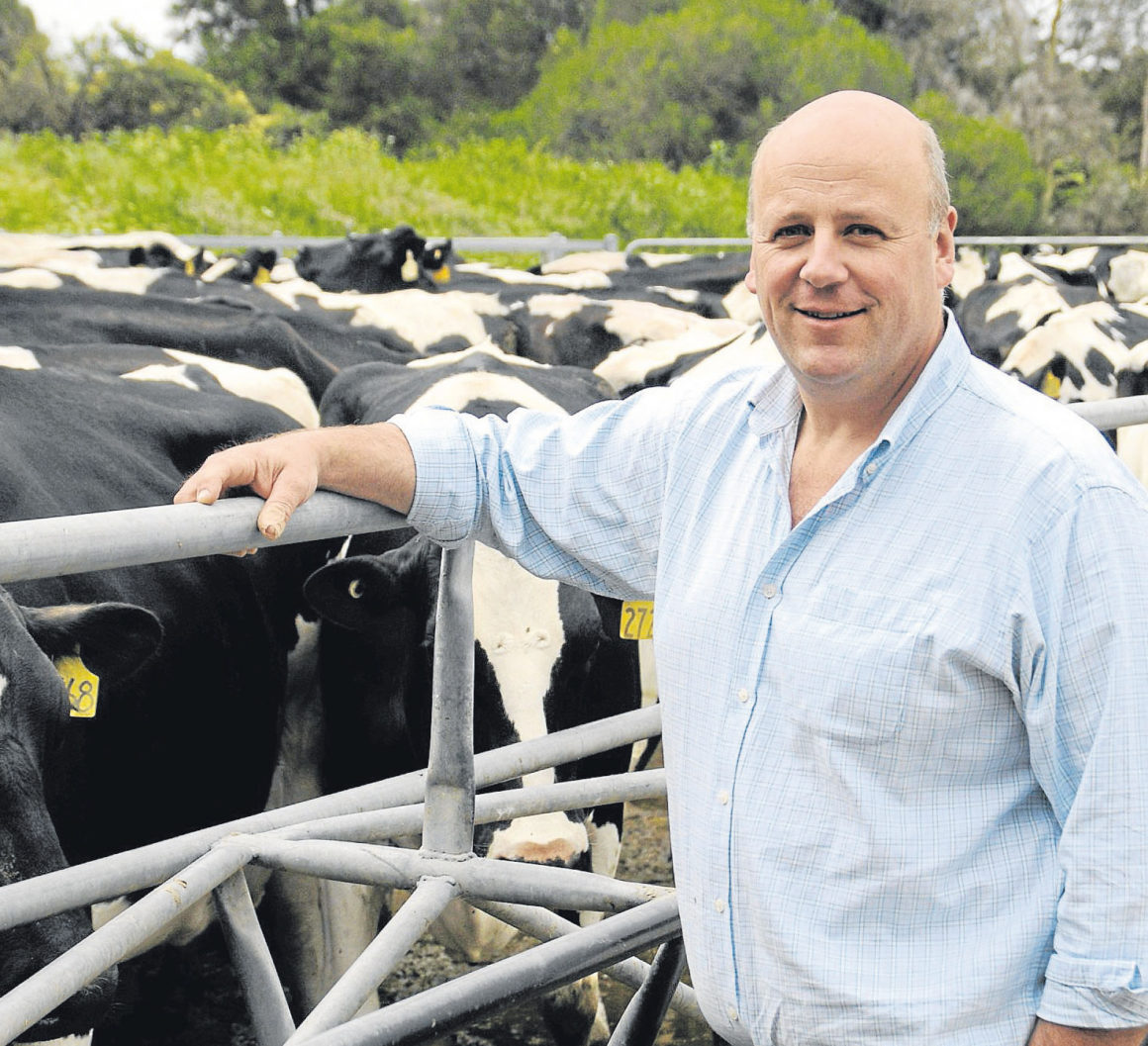
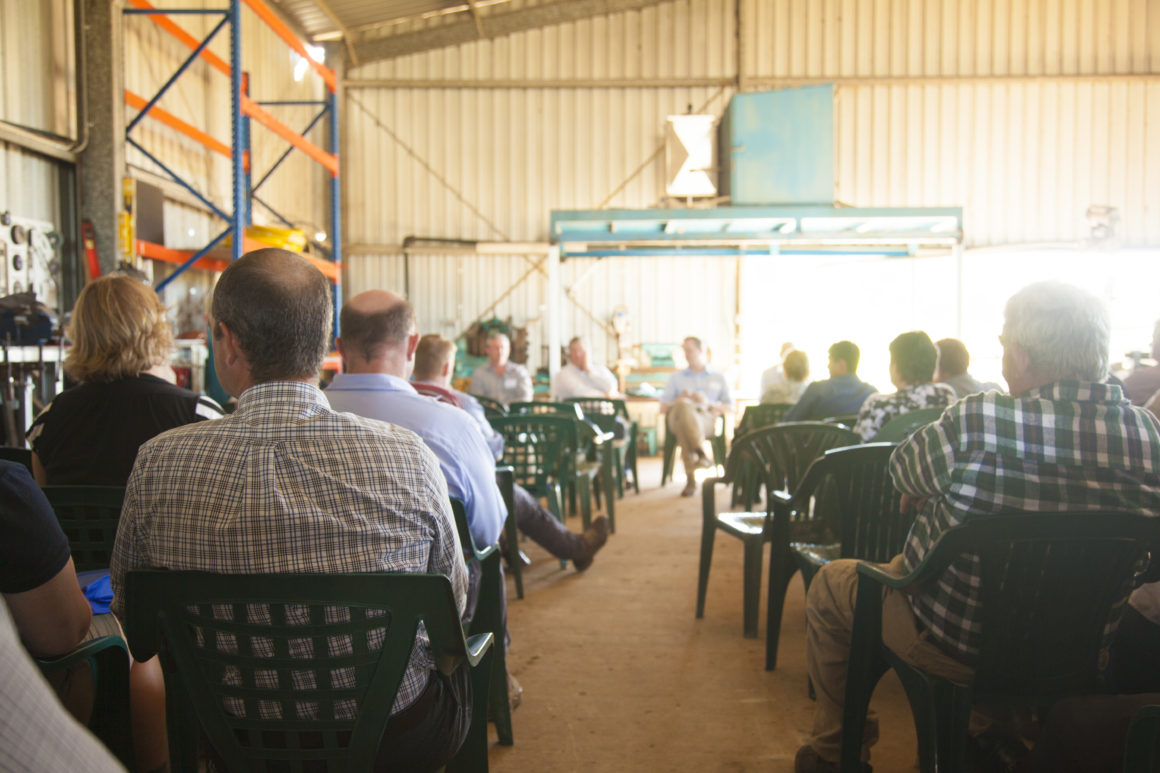



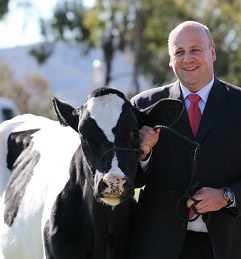


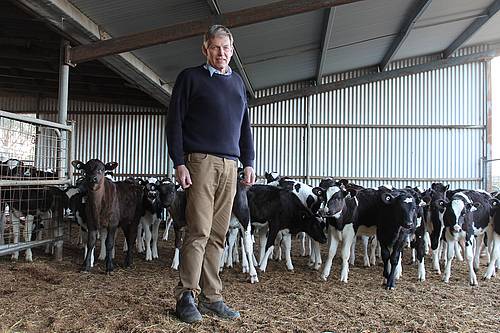
 The industry has bid farewell to dedicated
The industry has bid farewell to dedicated